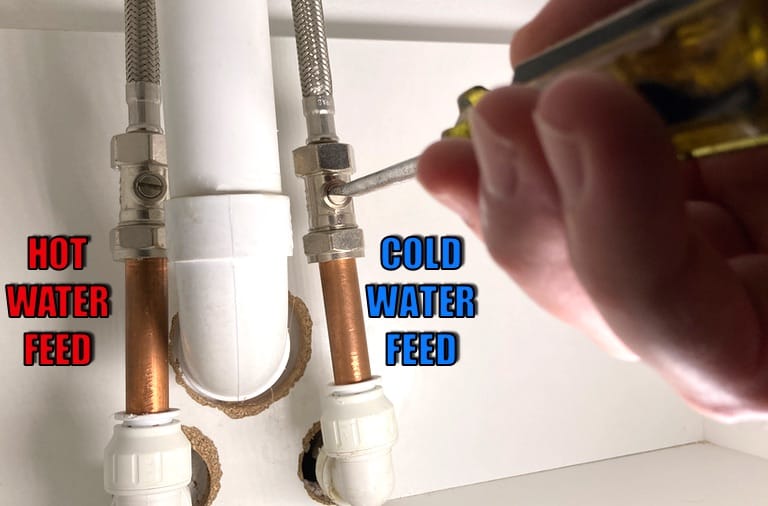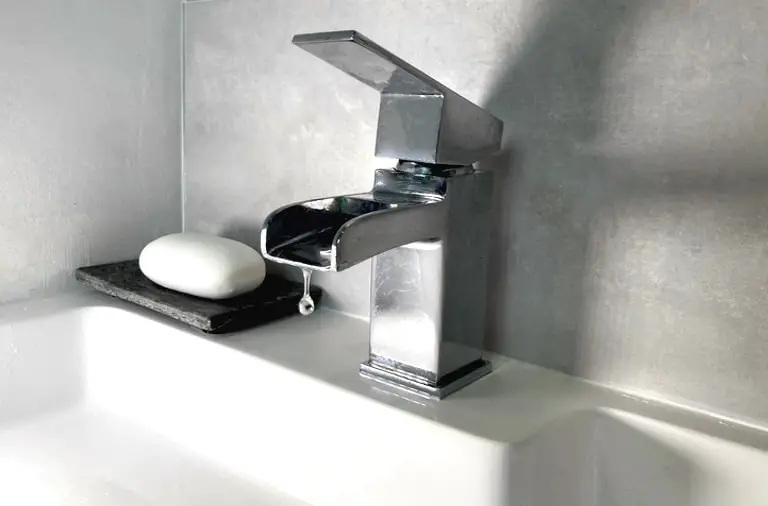Landlords have a responsibility to maintain their rental properties at all times, to ensure that their tenants live in an environment which is habitable and safe. There are occasions when it might be necessary to disable the water supply, but what is acceptable? And can landlords turn off the water supply without giving the tenants any notice?
Landlords are not allowed to turn off the water supply without giving the tenant notice, and water cannot be turned off for reasons other than plumbing, building, or repair works. Turning off the water supply without first giving notice to the tenant, may in some cases, be considered as harassment.
Water can only be turned off without giving the tenants notice in emergency cases, for example, a burst water pipe which is likely to flood the property and/or cause serious damage.
The supply of water is an essential service for everyone, and landlords cannot turn off water without giving tenants notice. This means that landlords can only disable a rental property’s water supply in certain circumstances and they must make sure that the tenant has been informed beforehand. If landlords do not follow these guidelines, they could face legal action.
Landlords should always aim to let the tenants know at least 24 hours in advance if the water supply needs to be turned off for a considerable amount of time, so that the tenant can prepare accordingly.
If there are extenuating circumstances that make this difficult, then they must provide as much notice as possible.
The tenant will most likely be aware of issues that may cause the water supply to be turned off if they have reported a plumbing problem. But for incidents when the tenant is away from home and are unaware of the need to turn off the water supply, they should be informed as soon possible.
Advice For Tenants If Landlord Turns Water Off Without Notice
A tenant who has a full understanding of their basic tenancy rights will be in a strong position to question the actions that a landlord takes. Referring to the tenancy agreement would be a good place to start as this will detail the expectations of both parties from the start of the tenancy.
It’s possible that the landlord or letting agent didn’t think ahead of time, forgot, or didn’t realise that notice was required before turning the water supply off. Contacting the landlord or agent for an explanation will give the tenant an opportunity to vent their frustration due to the lack of notice, and hopefully prevent a similar incident from happening again.
If a tenant fails to receive a suitable explanation for the water being turned off without notice, or if they believe that the actions of the landlord were malicious, they should contact their local authority for advice. Councils have powers to investigate and take action on the tenants behalf, and at no cost.
Further guidance can also be found within the Homes (Fitness for Human Habitation) Act 2018.
How Long Can A Landlord Leave A Tenant Without Running Water?
Landlords cannot leave tenants without running water for more than 48 hours. If the water has been turned off by the landlord for the purposes of plumbing repairs or improvements, they are expected to have the works completed, and water turned back on, as soon as practically possible.
It’s important to note that this guidance doesn’t prevent the landlord from being able to carryout renovation works, when needed, whilst the property is tenanted.
For example, remodelling a bathroom can take a lot longer that 48 hours. It may take a day or two to remove the old bathroom suite and several days to tile and install a new bathroom suite. And that’s fine, because the tenant will still have access to hot and cold running water from the kitchen sink, and maybe an en-suite if the property already has that facility.

Plumbers are able to isolate the supply of water from different areas or rooms within a property, and they are fully aware that people require constant access to hot and cold running water for health and hygiene reasons.
Communication Between The Landlord And Tenant Is Key
Disruption to the water supply can be inconvenient and frustrating for anyone, especially when they do not expect it to happen.
Incidents that affect a tenants wellbeing can harm the relationship between a tenant and landlord, so I cannot emphasis enough the importance of communicating with your tenant prior to any disruption with the water supply.
If, for whatever reason, you are not able to contact your tenant and inform them of the proposed reason and times for turning off the water supply, considering delaying the works if that’s an option, until you can communicate and agree a suitable time.
You never know, the tenant may have plans to leave the property for a few days in the near future whilst they visit family or friends, and that could provide an ideal time to carryout works with minimal disruption.
If you use a letting agent to manage your rental property, you should inform them too. Even if you have direct contact with the tenant, it doesn’t hurt to inform all parties who have an interest with the upkeep and management of your rental property.
And lastly, you may have heard stories about landlords turning off the water supply in an attempt to force tenants out of their rental property. This is not an acceptable method to evict a tenant and I strongly advise against doing it. Landlords who attempt this, could find themselves having to pay compensation to the tenant through a court order, and also risk receiving other penalties.


